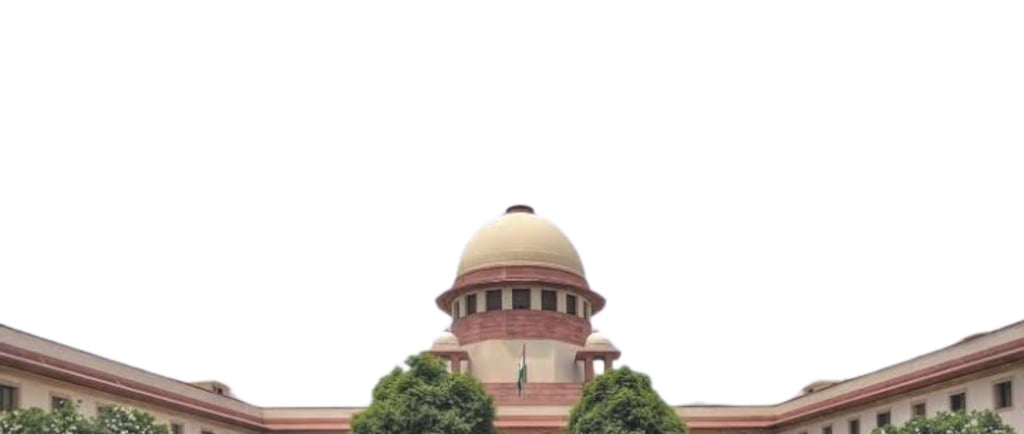Right to Privacy Includes Spousal Privacy; Law Cannot Allow Spouses to Snoop: Madras High Court
The Madras High Court ruled that the fundamental right to privacy extends to spousal privacy, and one spouse cannot spy on another. The court held that evidence obtained by violating this privacy cannot be used in court.
10/31/20241 min read


The Madras High Court ruled that the fundamental right to privacy extends to spousal privacy, and one spouse cannot spy on another. The court held that evidence obtained by violating this privacy cannot be used in court.
Justice G.R. Swaminathan overturned a lower court’s decision, which had allowed the husband to submit his wife’s call records, secretly obtained, as evidence in a marital dispute. The High Court pointed out that the husband had breached his wife’s privacy by accessing her call history without permission, and evidence gathered in this manner could not be accepted.
The court emphasized that trust is essential in marriage and that each partner must respect the other's autonomy and private space. It further noted that women, like everyone, have the right to privacy and should expect their personal space, including mobile data or diaries, to remain private unless willingly shared.
In this case, the husband filed for divorce on grounds of cruelty, adultery, and desertion, presenting his wife's call data to support his claims. The wife had requested that this evidence be dismissed, which the lower court rejected as premature. However, the High Court found that the husband had obtained the call records without following legal procedures and lacked the necessary certification under Section 65B of the Indian Evidence Act.
The court acknowledged that while Section 14 of the Family Courts Act permits the admission of relevant evidence in marital cases, it does not allow privacy violations. It suggested alternative, legal ways to gather evidence in cases of marital misconduct, such as through interrogatories or affidavits, rather than relying on unauthorized surveillance.
The High Court ultimately granted the wife's petition, overturning the lower court’s order.
